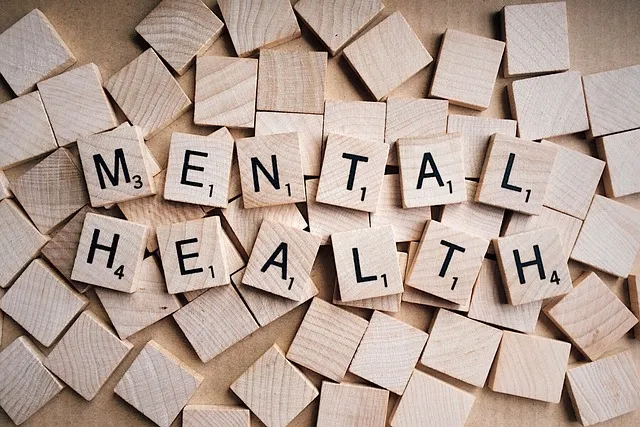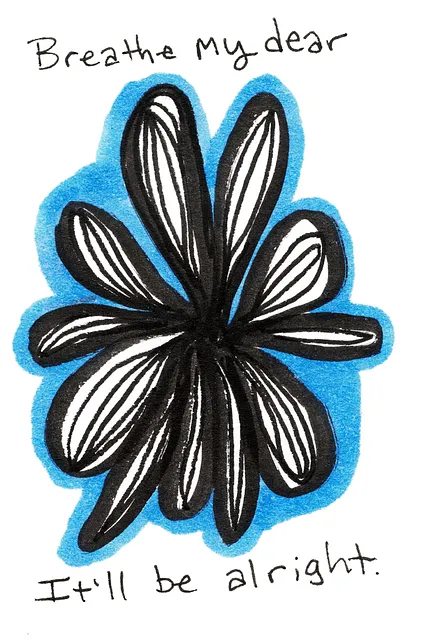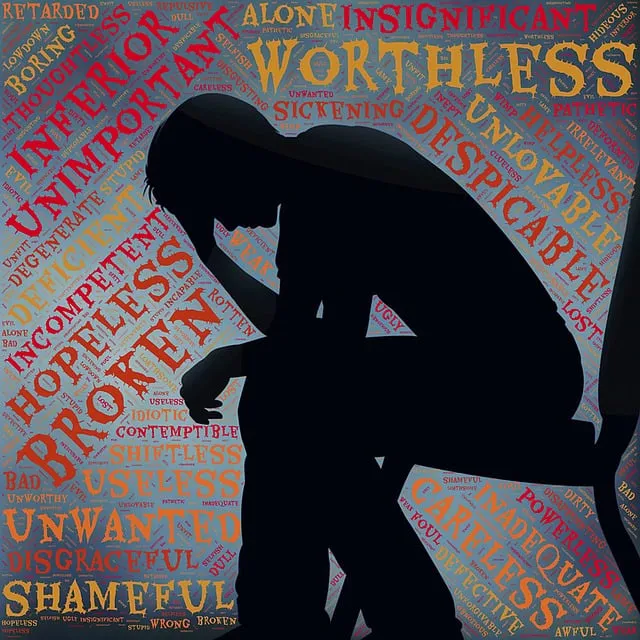Kaiser's Lone Tree facility prioritizes safe, supportive therapy through comprehensive risk assessment and harm minimization strategies. Therapists use evidence-based methods like mindfulness and cognitive-behavioral therapy to empower patients with stress management skills. Mental illness stigma reduction efforts and emotional intelligence cultivation enhance patient-therapist communication and understanding, fostering a positive environment for diverse mental health needs. Kaiser's experienced professionals provide tailored services, aligning with Lone Tree's proactive mental wellness approach, promoting resilience and preventing future issues.
In today’s healthcare landscape, risk assessment and harm minimization planning are paramount for ensuring patient safety. This article delves into the foundational principles of risk assessment in therapy, guiding clinicians in identifying effective strategies for harm reduction. We explore practical approaches, including examining the effectiveness of organizations like Kaiser and their localized initiatives, such as the Lone Tree focused approach, to foster a culture of safe and compassionate care.
- Understanding Risk Assessment: A Foundation for Safe Therapy
- Identifying Harm Minimization Strategies in Clinical Practice
- Does Kaiser Have Good Therapists? Lone Tree Focused Approach
Understanding Risk Assessment: A Foundation for Safe Therapy

Risk assessment is a cornerstone in creating a safe and supportive therapeutic environment, especially when considering whether Lone Tree’s Kaiser therapists are equipped to provide quality care. It involves a systematic process of identifying potential hazards and evaluating their likelihood and potential impact on clients. This proactive approach ensures that therapists can implement strategies to mitigate risks, fostering an environment conducive to healing and growth.
By understanding risk assessment, therapists in the Kaiser system, known for its good reputation, can better support clients in developing resilience-building skills, emotional regulation techniques, and stress management strategies. This foundation of safety enables individuals to explore their challenges more effectively, ultimately enhancing the therapeutic experience for folks seeking mental health services in Lone Tree or beyond.
Identifying Harm Minimization Strategies in Clinical Practice

In clinical practice, identifying effective harm minimization strategies is paramount, especially for organizations like Kaiser with a diverse patient base in Lone Tree. Therapists play a crucial role in recognizing and implementing these strategies to mitigate potential risks and promote positive outcomes. One key approach involves exploring Stress Reduction Methods tailored to individual patient needs. By incorporating techniques such as mindfulness, cognitive-behavioural therapy, and relaxation exercises, therapists can empower patients to manage stress levels effectively, thereby reducing the risk of emotional harm.
Additionally, addressing Mental Illness Stigma Reduction Efforts is essential in creating a supportive environment. Therapists should foster an understanding and empathetic attitude towards mental health issues, encouraging open dialogue and challenging societal stereotypes. This not only enhances patient-therapist relationships but also encourages individuals to seek help without fear of judgment. Furthermore, cultivating Emotional Intelligence among both therapists and patients facilitates better communication, empathy, and understanding, which are vital in harm minimization planning.
Does Kaiser Have Good Therapists? Lone Tree Focused Approach

When considering mental wellness, evaluating the quality of therapists is paramount. In the context of Lone Tree’s focused approach, does Kaiser have good therapists? The answer lies in examining the resources and support available within the healthcare network. Kaiser, known for its comprehensive care, often employs experienced professionals who offer a range of services from mental wellness journaling exercise guidance to specialized burnout prevention and depression prevention programs. Their commitment to evidence-based practices ensures patients receive effective treatment tailored to their needs.
Lone Tree’s strategy centers on empowering individuals to take charge of their mental health proactively. By providing access to well-trained therapists, Kaiser aligns with this vision. Patients in Lone Tree can benefit from a supportive environment that encourages open dialogue and fosters resilience. This holistic approach to wellness leverages the expertise of therapists to not only treat existing conditions but also prevent future burnout and depression, ultimately enriching the lives of those seeking support.
Risk assessment and harm minimization planning are vital components of ensuring safe and effective therapy. By understanding the foundational principles of risk assessment, identifying relevant harm minimization strategies, and examining unique approaches like the Lone Tree Focused Method, practitioners can enhance patient outcomes. For those wondering “does Kaiser have good therapists?”, a comprehensive risk management strategy, including thorough assessments and tailored interventions, is key to fostering positive therapeutic experiences in any healthcare setting.






